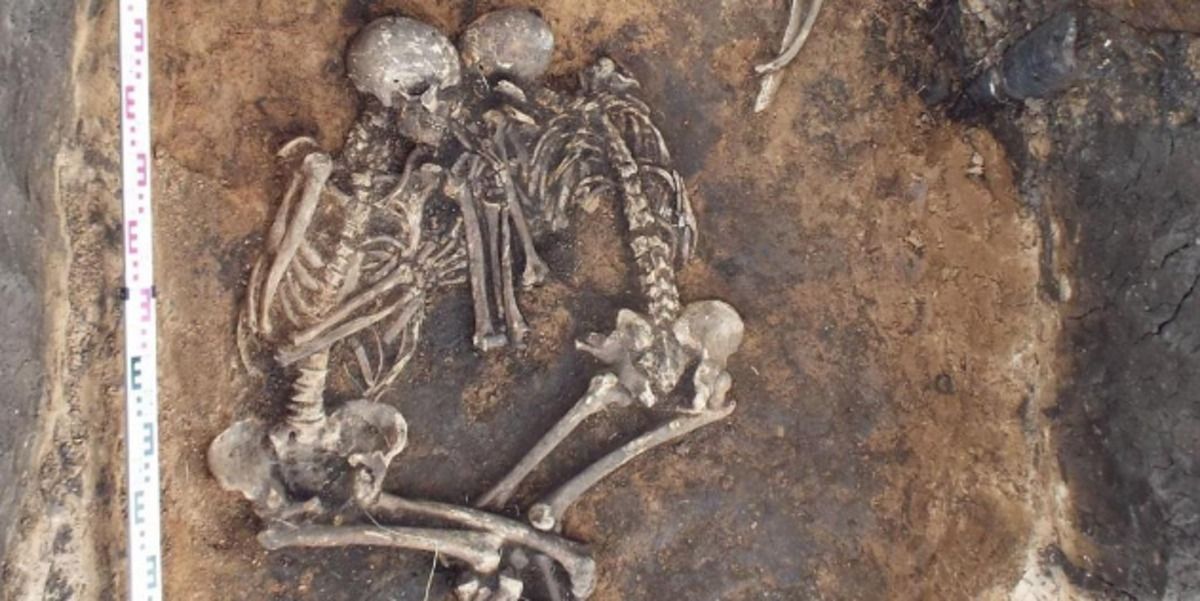The Plague and the Prehistoric Population of Europe
The Plague and the Prehistoric Population of Europe

Two 5,000-year-old skeletons from which geneticists have extracted DNA that shows that the individuals died of the plague.
This online event is open to the public. Please register here for the Zoom link.
In this Colloquium, Daniel Headrick, Professor Emeritus of History at Roosevelt University, will be sharing his research on a previously unknown plague that was recently identified by geneticists sequencing the DNA of people who lived during the Late Neolithic and Early Bronze ages. In a brief presentation followed by a Q&A, Headrick will discuss how the plague, imported by nomadic herders migrating into central and northern Europe from the southern Russian steppe, changed the ancestry of the population, the relations between genders, and the languages of Europe.
Headrick is author several books on technology, international relations, and environmental history, including: The Tools of Empire: Technology and European Imperialism in the Nineteenth Century (Oxford University Press, 1981), The Invisible Weapon: Telecommunications and International Politics, 1851-1945 (Oxford University Press, 1991), and Power over Peoples: Technology, Environments, and Western Imperialism, 1400 to the Present (Princeton University Press, 2010). His most recent book, Humans Versus Nature: A Global Environmental History was published by Oxford University Press in 2020.
—
The Yale Environmental History Colloquium features works-in-progress by Yale faculty, graduate students and postdoctoral fellows, and occasionally works by Yale Environmental History alumni and working group affiliates. Typically meeting 4-5 times per semester, the Colloquium offers participants an opportunity to workshop dissertation and book chapters, dissertation prospectuses, conference presentations, article drafts, and public humanities projects.